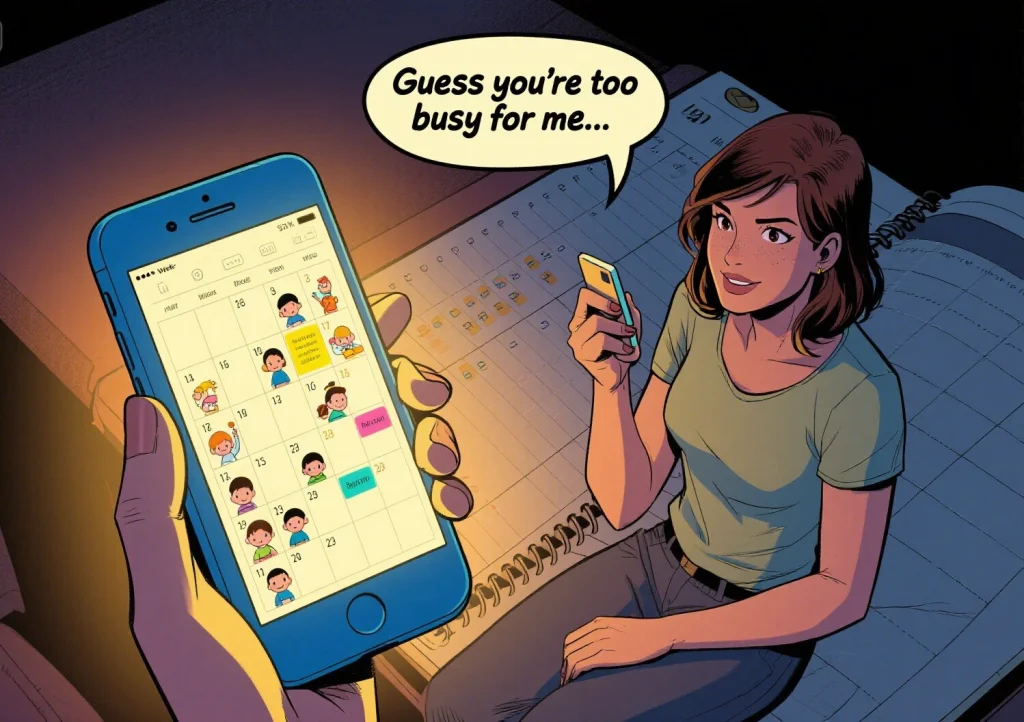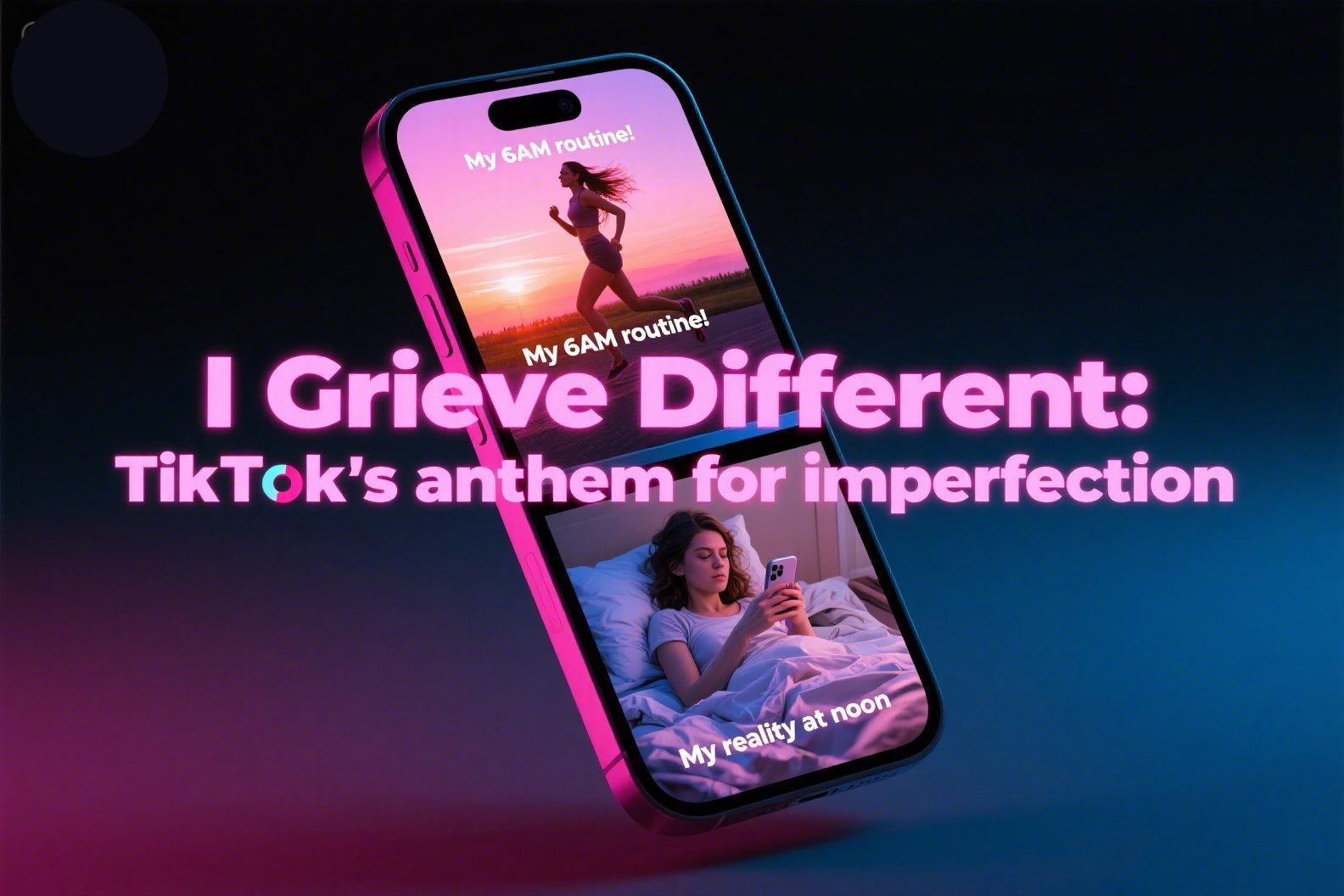10 Signs You’re Dealing With a Negative Nancy (And How to Handle Them)
We’ve all met her: the colleague who drains the joy from meetings, the friend who turns every coffee date into a complaint session, or the family member who sees clouds in every silver lining. Negative Nancies aren’t just occasionally down—they have a persistent pattern of pessimism that can leave you feeling emotionally exhausted. Here’s how to spot one—and protect your energy without becoming a villain yourself.
The Eternal Victim

Sign: Everything is “unfair,” and they’re always “wronged.” They deflect blame (“My boss is out to get me!”) and avoid accountability.
Why it’s toxic: This mindset breeds resentment and helplessness.
Handle it: Gently redirect: “That sounds tough. What’s one thing within your control here?“ Avoid fueling their victim narrative.
The Complaints Connoisseur

Sign: They dominate conversations with grievances—traffic, weather, work—but reject solutions.
Why it’s toxic: Chronic complaining rewires the brain for negativity and drags others down
Handle it: Set a time limit: “I can listen for 10 minutes—then let’s brainstorm fixes.” Shift focus to gratitude.
The Enthusiasm Assassin

Sign: They respond to good news with doom (“Promotion? Wait till you see the extra work!”).
Why it’s toxic: This “rain on your parade” habit stifles joy and connection.
Handle it: Deflect diplomatically: “I’m choosing to celebrate this today.” Then change the subject.
The Guilt-Tripper

Sign: They manipulate with passive jabs (“I guess you’re too busy for me now…”).
Why it’s toxic: It creates obligation through emotional pressure.
Handle it: Call it out kindly: “It seems you’re upset. Can we talk directly?“ Refuse to play the guilt game.
The Boundary Bulldozer

Sign: They ignore your “no,” show up uninvited, or demand excessive emotional labor.
Why it’s toxic: Erodes your sense of safety and autonomy.
Handle it: Firmly reinforce limits: “I can’t host this weekend, but let’s plan for next month.” Repeat like a mantra.
The Drama Magnet

Sign: They thrive on chaos—gossiping, exaggerating conflicts, or creating crises.
Why it’s toxic: Drains focus and breeds mistrust
Handle it: Disengage: “I’m not comfortable discussing this.“ Redirect to neutral topics like hobbies.
The Energy Vampire

Sign: You feel physically drained after interactions. They leave you feeling heavy and depleted.
Why it’s toxic: Emotional contagion is real—negativity literally saps vitality.
Handle it: Limit exposure. Schedule short, public meetups (e.g., coffee shops). Protect your downtime fiercely.
The Catastrophizer

Sign: They spiral minor hiccups into disasters (“This typo will make us lose EVERY client!”).
Why it’s toxic: Amplifies anxiety and impairs problem-solving
Handle it: Ground them: “What’s the actual worst-case scenario? How likely is it?“ Offer data, not reassurance.
The Appreciation Black Hole

Sign: No effort is ever “enough.” They dismiss praise or gifts with criticism (“You got flowers? Roses die so fast…”).
Why it’s toxic: Devalues kindness and breeds resentment.
Handle it: Stop over-investing. Match their energy: Be polite but don’t bend backward for approval.
The Joyless Judge

Sign: They mock others’ happiness as “naive” or “cringey.” Sarcasm is their shield.
Why it’s toxic: Shames authenticity and creates emotional isolation.
Handle it: Shield your joy. Say: “I’m enjoying this, actually!“ Then distance yourself if needed.
🔑 Why This Matters : Your Well-Being Isn’t Selfish

Negative Nancies often stem from unhealed pain—insecurity, trauma, or fear of vulnerability. But their struggles don’t obligate you to endure toxicity. As research confirms, chronic negative interactions harm mental health more than social support helps it.
💡 Pro Tips for Preserving Your Peace
- Name the Behavior Calmly: “I notice you often focus on problems. Can we balance with solutions?”
- Protect Your Energy: After interacting, practice mindfulness or a quick walk to reset 9.
- Know Your Exit Plan: Have a graceful exit line ready (“I have a call in 5!”).
- Accept Limits: You can’t “fix” them. Support only if they seek help—otherwise, prioritize you.
“Setting boundaries is a form of self-respect, not cruelty.”








